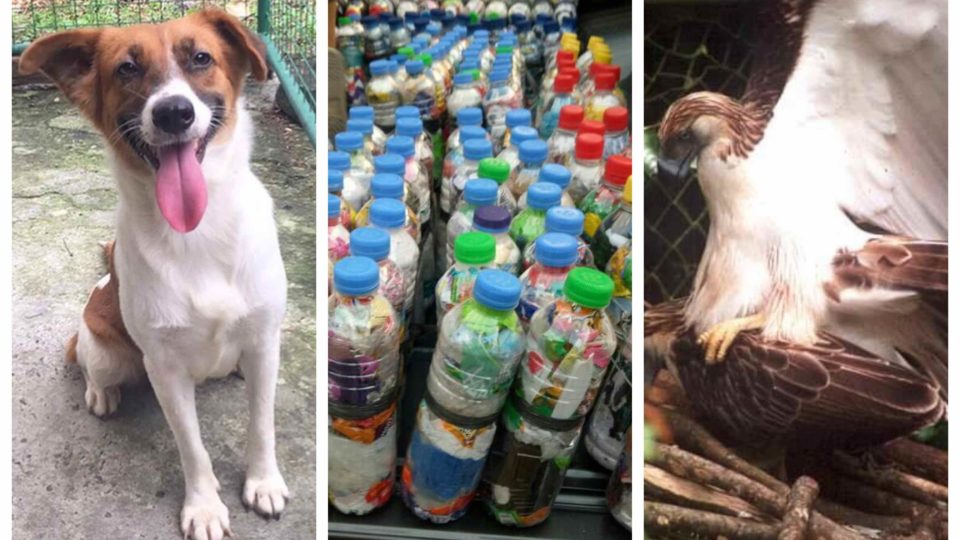Not that anyone asked, but here’s some not-so-fun facts to kick off your week: the Philippines is the third-largest dumper of plastics into the ocean; a staggering amount of children in the Philippines go hungry, can’t afford medical care, and can’t read; Philippine eagles are critically endangered; and pets across the country are abused and abandoned by the truckload, despite it being illegal.
It’s enough to make you depressed, or angry, or both, for that matter. Luckily, however, you can actually do something about it if you’re so inclined.
Here we’ve rounded up a list of organizations (some of them decades-old, others relatively new) who are already doing good work and could use a helping hand. So if you were looking to kick off the new decade with a moral spring cleaning of sorts, this might be a handy place to start.
The Plastic Solution
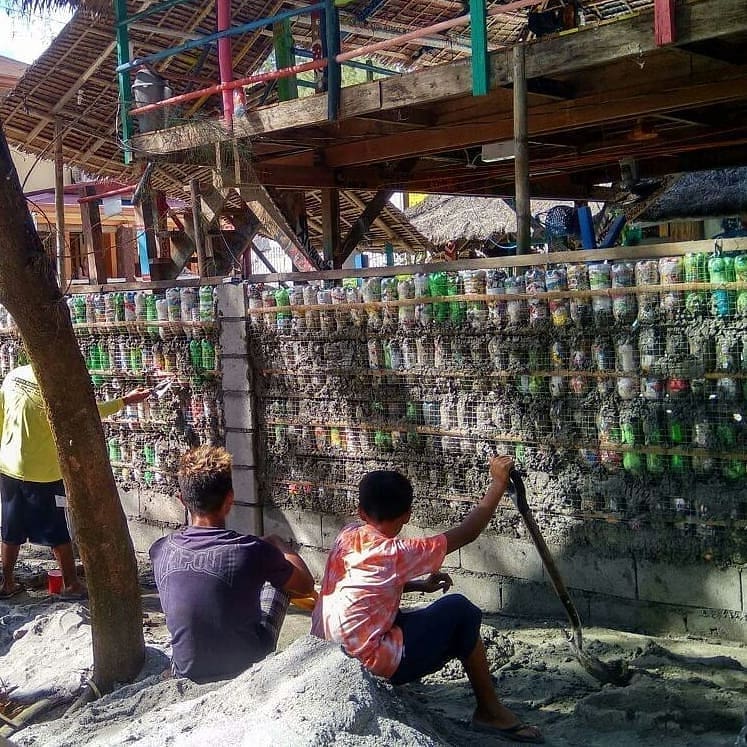
Headquartered in the surf capital of La Union, this four-year-old eco outfit aims to do something about the country’s undying plastic problem by actually putting all that garbage to good use: stuffing loose plastics like straws and sachets into plastic bottles and repurposing them as “eco-bricks.” The plastic bricks are used to build everything from benches and garden pots, to walls and fences for houses and classrooms, both in the town of San Juan, and outside of La Union, and wherever else they’re needed.
Surfer and hostel owner Ziggie Gonzalez founded the Plastic Solution, and was among the first in the country to mobilize people via #thestuffitchallenge, which encouraged people to stuff their trash in plastic bottles and leave them at designated drop-off sites for Gonzalez and his team to collect. (His own Circle Hostel in Zambales, which is one of three locations, has even built some of its own walls from eco-bricks.)
The eco brick drive has been replicated several times over in Luzon, and includes multiple drop-off points across Metro Manila.
Volunteer work can range from carting plastic bottles from drop sites to Circle Hostel locations, to getting involved in beach cleanup events and social development programs.
To volunteer, contact the Circle Hostel at (+63)917 505 4329, or leave a message at The Plastic Solution’s Facebook page.
Project PEARLS
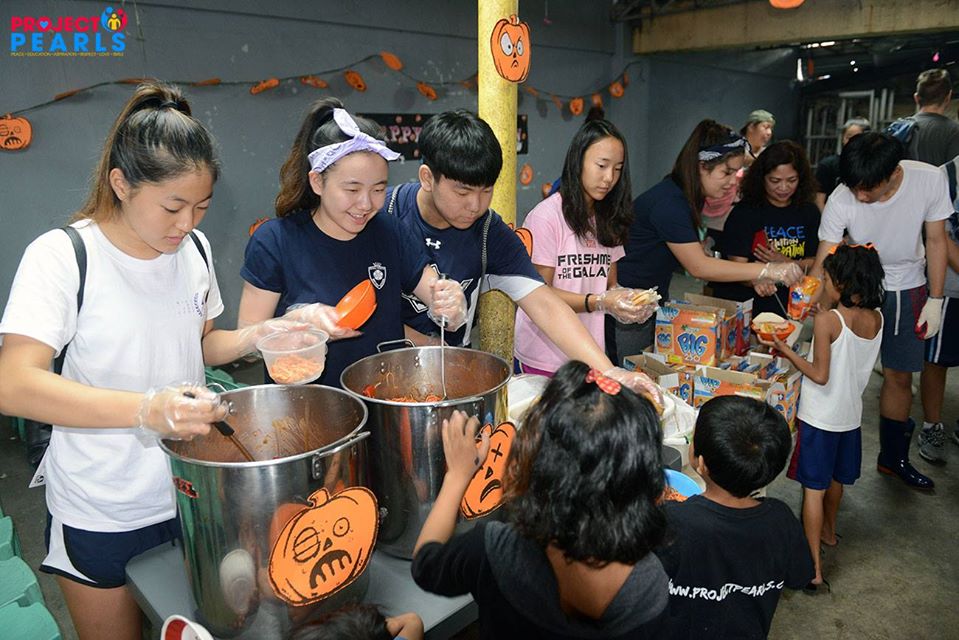
PEARLS, in case you’re wondering, is short for Peace, Education, Aspiration, Respect, Love, and Smiles. The non-profit organizes outreach activities in poverty-stricken neighborhoods in Manila, including running weekday soup kitchens and kids’ libraries, to weekend after-school programs. The decade-old organization’s mission is simple: feed hungry kids, extend medical services, and provide basic education.
Melissa Villa, the organization’s founder, was born and raised in the Philippines but immigrated to the United States in 1987. She started Project PEARLS in 2010 with her brother, Juan Villa, and Dutch photojournalist Sydney Snoeck after seeing Snoeck’s stark photos of an ulingan, or charcoal factory, community in the Philippines. Its residents, in the reclaimed area near the breakwaters of Manila North Harbor, were living in appallingly soot-filled, unsanitary conditions, and survived on the scant pay of US$2 a day.
Over the years, the organization’s work has moved from the ulingan to other impoverished Manila neighborhoods. As of late 2019, volunteers are being deployed to a community in Tondo where they can choose to help out with two-hour gigs manning Project PEARLS’s daily soup kitchen and the children’s reading and toy library, or with tutorial work in the three-hour after-school programs for kindergarteners and young primary school kids.
To volunteer, call (+63)927-543-7500, or visit Project PEARLS’s Facebook page.
Philippine Animal Welfare Society (PAWS)
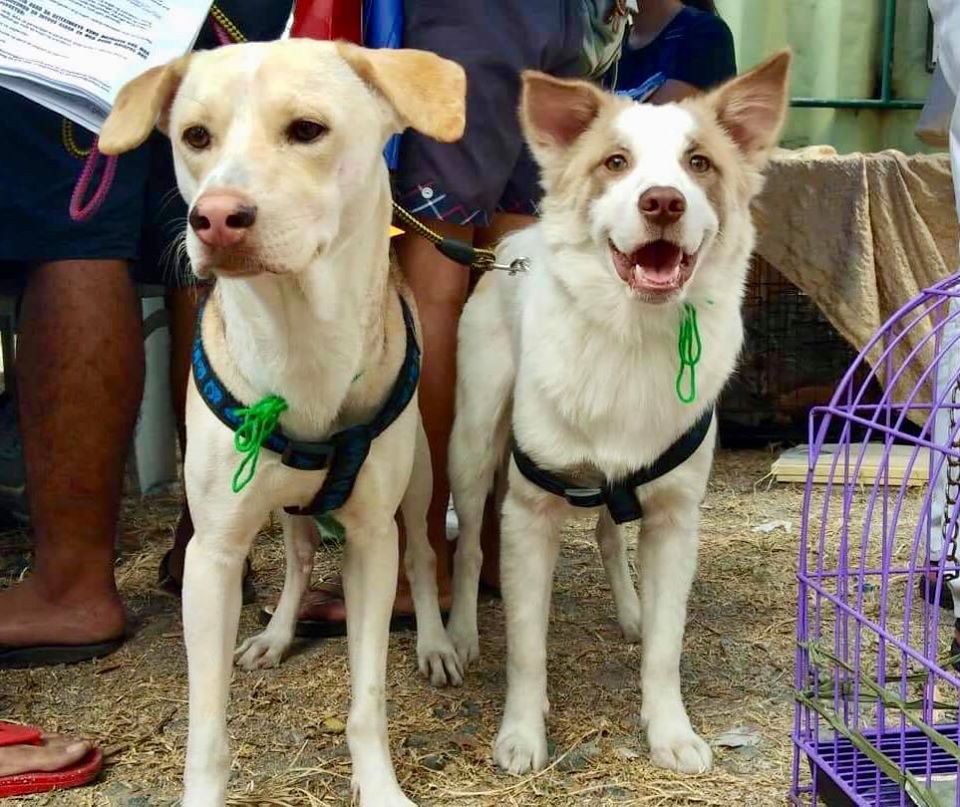
Founded in 1954 by Muriel Jay, a British educator residing in the Philippines, PAWS has relied on volunteer work since its inception. In its early years, PAWS’s first volunteers would make and sell stuffed toys to raise funds for the group, while patrolling the streets in two-bicycle teams to pick up stray aspins (Philippine mutts).
When Jay went back to the U.K. in 1986, the reins were handed over to one of the group’s pioneer volunteers, Nita Hontiveros-Lichauco. She reorganized PAWS and spearheaded efforts to introduce the Animal Welfare Act that year, far ahead of its time. It would take more than a decade for the bill to be signed into law as Republic Act 8485, signed by then-President Fidel Ramos in 1998, and amended in 2013. The law calls for imprisonment of up to two years, and fines of up to PHP100,000 (around US$2,000), for anyone found guilty of killing, mistreating, or neglecting animals (with the exception of livestock).
Still going strong after more than 60 years, PAWS is never short of work for volunteers, including animal care and rehabilitation (like walking, bathing, and looking after — not to mention cuddling! — rescued dogs and cats), lobbying and legal work, educating communities on responsible pet ownership, running a low-cost clinic, and mobilizing pet rescues and disaster relief in times of natural calamities. The group also organizes events, like PAWS Aspin Club’s “Great Dog Dash” (a sort of “fun run” for Fido) and Halloween costume parties, which encourage aspins to socialize with other dogs while raising funds for the organization.
To volunteer, call (+632) 475-1688, or visit PAWS’ Facebook page.
Compassion and Responsibility for Animals (CARA) Welfare Philippines
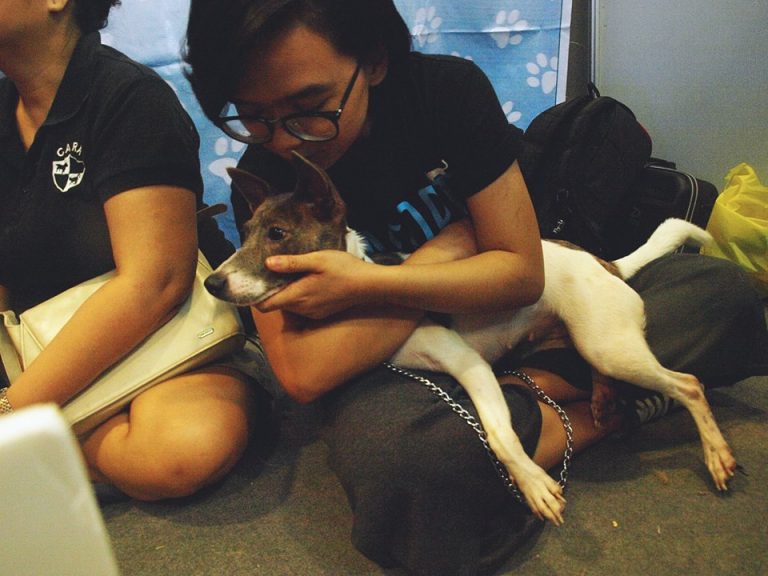
Though it was formed much later than PAWS, in 2000 by a group of animal advocates, CARA Welfare Philippines is no less busy advocating for responsible pet ownership and promoting animal welfare in the country. Their rescue missions, trap-neuter-release programs (which aim to keep the population of strays in check), and various campaigns have made significant strides in the well-being of local animals.
CARA’s campaign on Laguna’s pit bulls in 2012, for instance, put a spotlight on over 200 dogs rescued from an underground dog-fighting syndicate operated by Korean nationals in the province. The perpetrators were tried in court and deported back to their country that year, but the pit bulls, basically left for dead, were malnourished and badly wounded from the fights. CARA built a sanctuary to rehabilitate and nurse the dogs back to health before setting them up for adoption — not a quick and easy task by any means. (More than five years later, they were still caring for nearly 100 rescued pit bulls.)
The organization also operates a low-cost veterinary clinic in Mandaluyong City, but because it relies on donations and doesn’t run a physical animal shelter, it depends on volunteers to provide dogs with foster homes and to sponsor rescued animals. If you want to get involved, you can also become a speaker at seminars promoting humane education, lend a hand at fundraising events, and help with stray rescue and rehab.
To volunteer, call (+632) 532 3340, or visit CARA’s Facebook page.
Save Philippine Seas
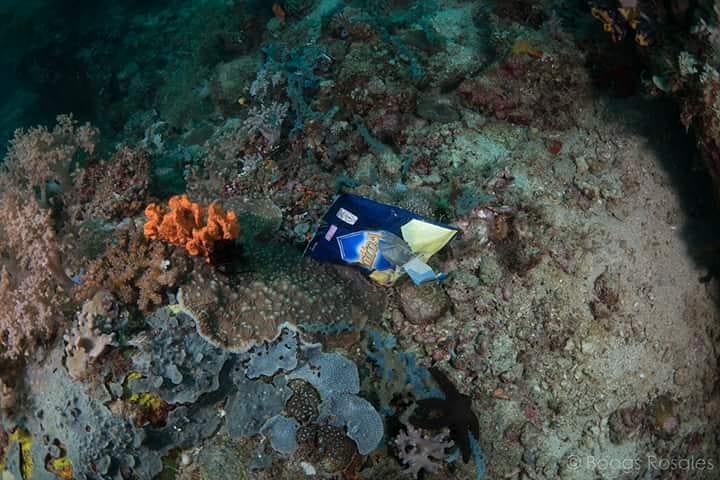
Save Philippine Seas (SPS) started out as an online group campaigning against the large-scale illegal wildlife trade in May of 2011. The initiative was inspired by a case — dubbed the “rape of the Philippine seas” by the media — in which poachers were intercepted trying to smuggle endangered marine species, including thousands of black corals and hundreds of sea turtles worth more than PHP35 million (US$680,000). What was meant to be a temporary campaign, however, transformed into a movement to (as their name sorta suggests) save the Philippine seas.
SPS, formally established in 2013 and run by a team four, now focuses on project-based volunteering. Their campaigns and projects run the gamut from propping up shark shelters in Monad Shoal and Malapascua Island in Cebu (were shark numbers are dwindling thanks to overfishing), to scuba dives to clean up reef floors, to educating people about single-use plastics and other threats to marine life. The organization is also open to enlisting the help of researchers, writers, photographers, and artists to help propel their campaigns.
To volunteer, email them at info@savephilippineseas.org, or leave a message on Save Philippine Seas’ Facebook page.
Philippine Eagle Foundation
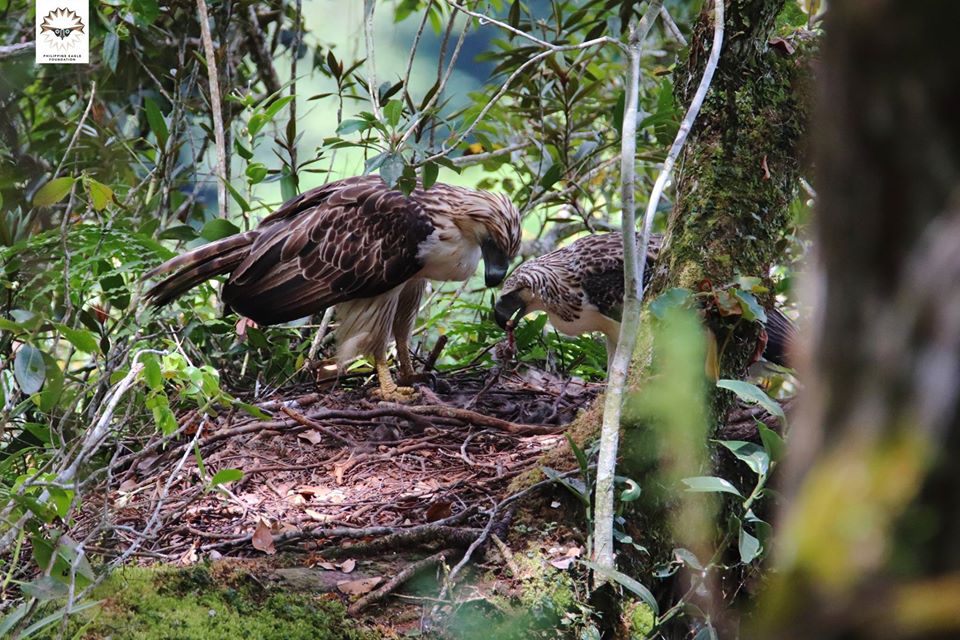
Have you ever been moved by the sight of a majestic Philippine eagle taking wing over the slopes of Mount Apo? Probably not, given that, tragically, the species is critically endangered, with fewer than 500 adults currently believed to be living in the wild, according to the IUCN. Thankfully, the Philippine Eagle Foundation (PEF), headquartered in Davao, is working to give these flying raptors a chance to thrive in their natural habitat.
The foundation has partnered with indigenous forest guards and local upland farmers to help patrol and restore forests where the eagles have made appearances. Their work includes planting native trees to revitalize barren lands, and education campaigns bent on fostering a culture-based conservation program. PEF also retrieves wounded eagles from the wild in order to treat and re-release them back into the skies. Because of the remote nature of some of the volunteer work, the foundation prefers that volunteers be at least 13 years old for most tasks.
To volunteer, call (+63) 917 708 9084, or leave a message at the Philippine Eagle Foundation’s Facebook page.
Hands On Manila
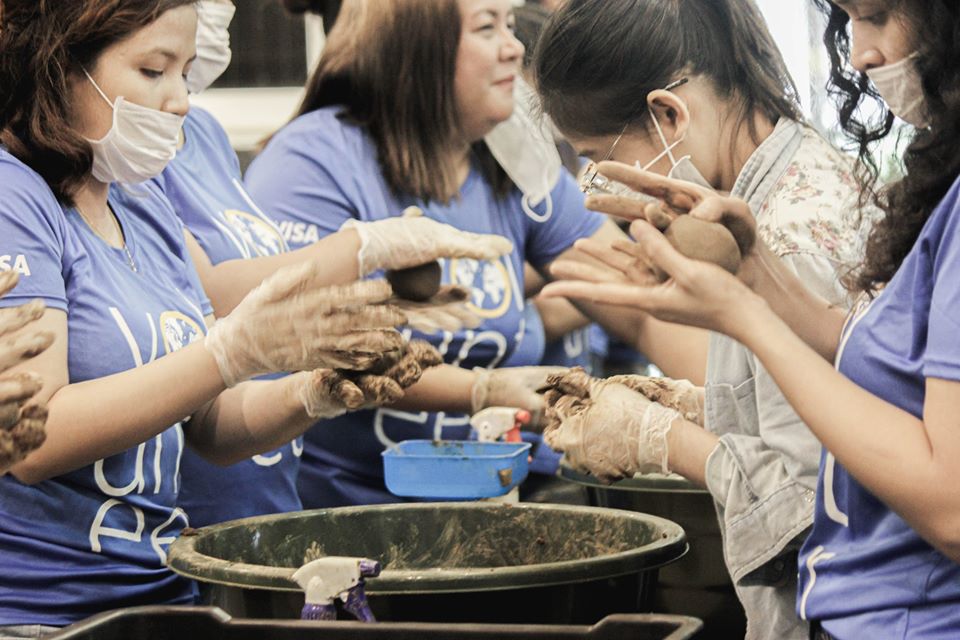
Founded in 2001, Hands On Manila (HOM), provides a veritable buffet of volunteering opportunities by creating monthly programs centered on “the environment, education, health, and social entrepreneurship of underprivileged communities.” The organization’s aim is to bolster volunteerism by providing flexible and alternative models that fit into the daily schedules of busy people, connecting them with their communities.
Volunteers are asked to fill out a form specifying which causes they want to support (environmental, educational, health, or livelihood-based), where they want to volunteer (either within or outside of Metro Manila), and how frequently they want to chip in (anywhere from once a year to as often as once a week). They’re then directed to a calendar of services and activities where they can offer up their time.
One of HOM’s more popular activities (as seen in the picture above) is making what they call “Mabuhay Balls,” fermented organic balls of dirt (based on Japanese Bokashi Balls) that are formulated to be dumped in bodies of water where they help promote the vitality of fisheries and rehabilitate polluted waters.
Other examples of volunteer work include painting classrooms in public schools in Mandaluyong, coastal cleanups on World Ocean’s Day, visiting old folks’ homes, teaching arts and crafts to people with disabilities, and giving outdoor yoga lessons to public school students.
Fill out their volunteer sign up form, or drop a message at Hands On Manila’s Facebook page.
In-Touch Community Services (ITCS)
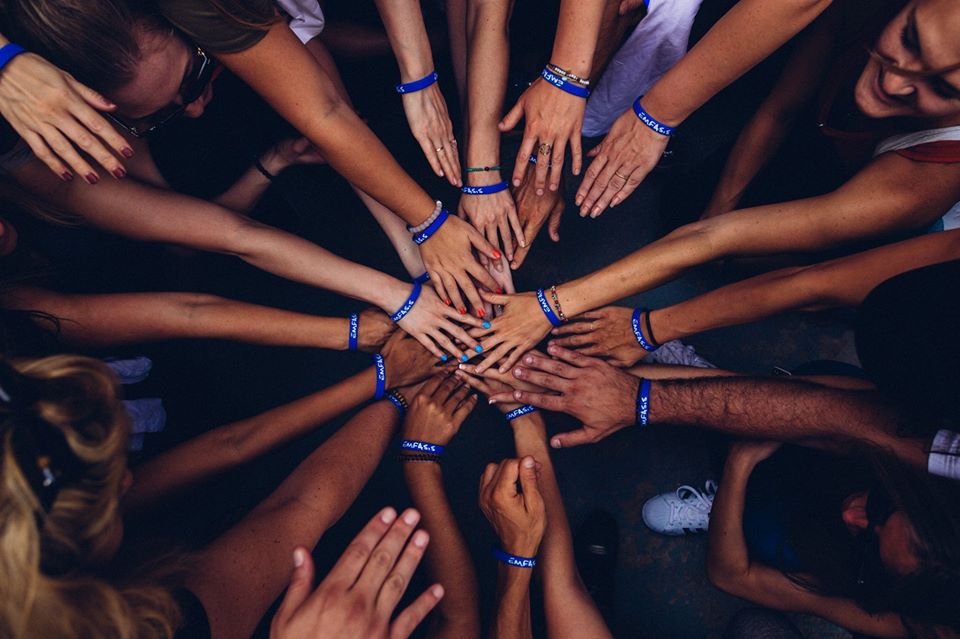
Operating in the Philippines since 1980, ITCS provides professional care for people in need of mental and emotional support by offering counseling and a crisis hotline.
Besides its roster of trained professionals extending therapy services, ITCS also trains volunteers to man their hotlines, which receive daily calls from people suffering from anxiety and depression, grief, substance abuse, school, gender identity, and career issues, as well as those grappling with sexual assault and thoughts of suicide. Crisis line responders go through a comprehensive training program to talk callers through their specific problems.
The non-profit also holds free events, including a seminar on solution-focused therapy, which you can attend to get a feel for their process before committing your time.
To volunteer, call (+632) 8893 7603, or drop them a message at ITCS’s Facebook page.
Need other timeless suggestions for a new-decade-new-you? Check out these cool list of things to see and do around Asia:
Kickstart your fitness routine anew, and dabble in alternative workouts in Singapore.
Take up knitting and visit these yarn shops around Hong Kong.
Tantalize your taste buds and do a food crawl along this historic Chinatown street in Bangkok.
Soak in the beauty of a new city with this first-timer’s guide to rich and cultural Yangon.
Or circle back home to the Philippines and support local by copping these iconic streetwear brands.
